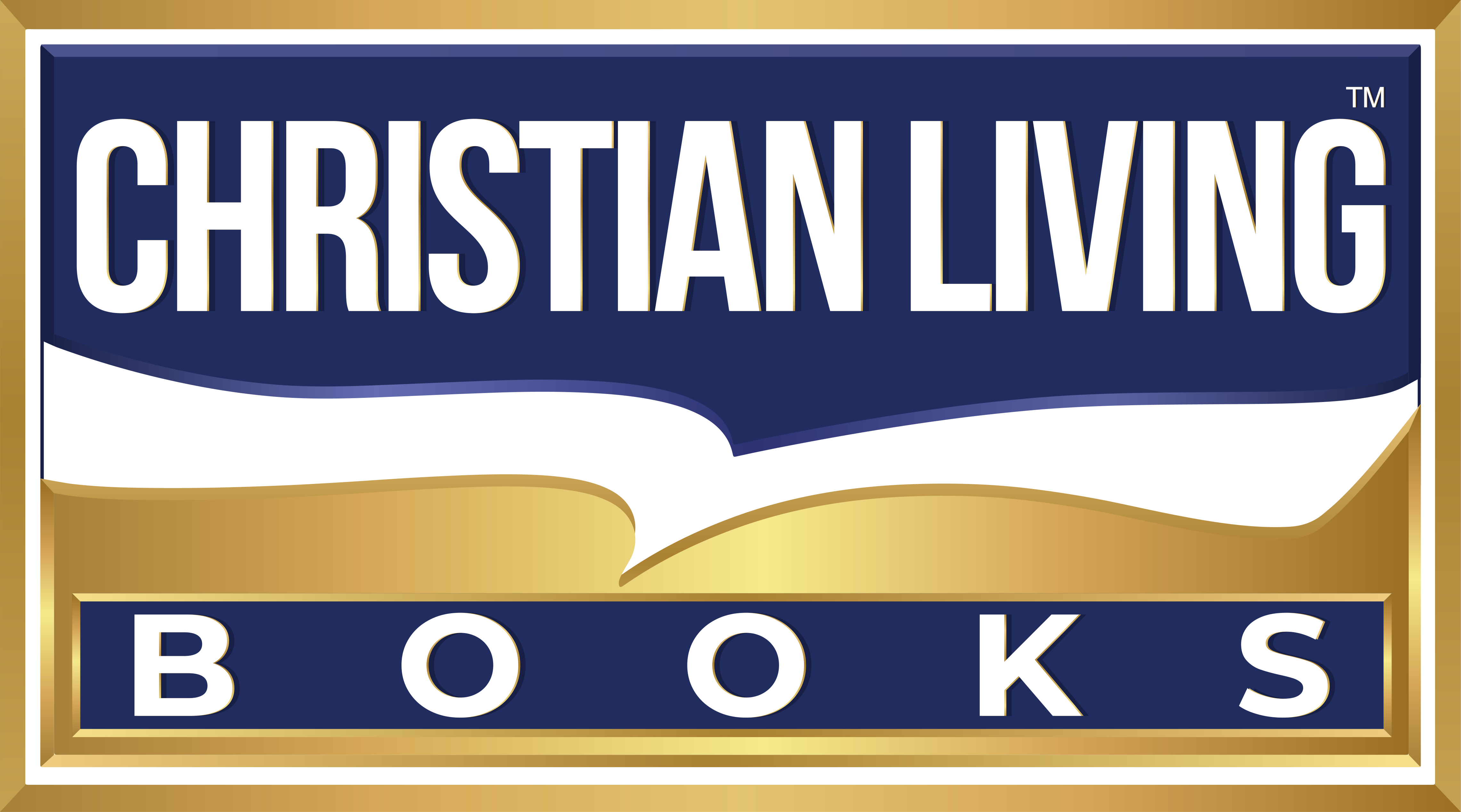by John Burke
Your author website is your primary online presence, your brand, your “home” and your author platform. This is where people will come to find out more about you and your books, which gives you an excellent opportunity to present yourself and your books in the best way and to brand yourself. You can do it somewhat on Facebook and other social media sites, but your website is the only place you have complete design and editorial control. Make the most of it.
You Author Platform & Brand
When visitors arrive on your author website what is the message they get? Can they immediately ascertain who you are and what you write about? That first impression has to be good and accurate or you’ll have a lot of visitors leave quickly. Ask people—other authors or people who do not know you or your work—what is their first impression when they arrive at your website?
Your Author Information
You should have a short and long author bio. The short one for perhaps the home page with a “read more” link to the longer bio. You can also put this on your Press page for the media to use. The longer bio can be much more extensive and can be about you personally and your writing. You are marketing, or branding, yourself in addition to your books.
Include some testimonials, which are similar to review quotes but more oriented toward you as a writer, versus individual books. They can be very good in convincing potential readers, and media, that you are a great writer, not just a one-book wonder.
Book Info, Excerpts, Review Quotes
You should have a short and long book description for each book, along with review quotes. A good practice is to have a page that lists all of your books, or all in a series or genre, with a short description, and then a “Read More” button or link to click through to a dedicated page for each book, with a long description, book reviews, and a link to an excerpt. There will be times that you’ll need to send a link out to someone to give them information about your book. You don’t want just one page with all the books where they’ll have to scroll down to find the one to which you are referring. Reviewers and editors are busy people—make their lives easier.
Selling: Booksellers or Direct?
Obviously, selling books is the ultimate goal of your book marketing efforts. Selling direct often seems appealing. You get to keep a larger percentage of the sale price, if not most if you ship out of your house. But is this something you want to do? Do you want to be taking orders, packing, and shipping books? This could take up a lot of the time you could be marketing your books or writing your next book. Consider selling through online retailers and just providing buy links to their websites where your books are available. It’s a much larger potential audience and people feel more comfortable buying from them.
Mailing List
Having a mailing list and sending out newsletters is very important and useful. Anyone who signs up for your mailing list must like you as an author. That means they will probably buy your books, especially when you announce new ones, and they will be more likely to spread the word by telling people they know about you and your books. Even if you’re not sure about sending out newsletters yet, start collecting email addresses on your author website for the day you decide to do it. There are services such as MailChimp and Constant Contact that make the process easy, from creating a form for your website to creating professional looking newsletters.
Blog
Blogging is a great way to have fresh content on your author website for visitors to see and for search engines to index. Google and other search engines favor websites that are regularly updated with new content. A blog is a great way to do this. It’s also a way to offer readers samples of your writing in between your books.
Social Links
Add “Follow Me” buttons for Facebook, Twitter, or whatever social media pages you have. It immediately tells visitors that you are on those sites, and they may click through and follow you. You can also have your feeds display on your author website with recent posts, also encouraging people to follow you. The more followers the better because whenever you post a new book or blog to your website, you can announce it to your followers to drive traffic back to your site.
Press Page
This page is a collection of author photos, book covers, media coverage, testimonials, review quotes, and anything else that may be of interest to the media or reviewers. Again, making their job easy will put you in their good graces. This should serve as everything they need on one page.
Contact Page
You want people to be able to contact you, particularly the media, reviewers, and other potential opportunities. Have a short form, but then offer other ways if you choose. If you have a separate publicist, agent, or speakers bureau you may want to list them or link to their website as well.
[John Burke spent about fifteen years working in publishing and bookstores. He is the Co-Founder of Pub Site and COO of FSB Associates.]

